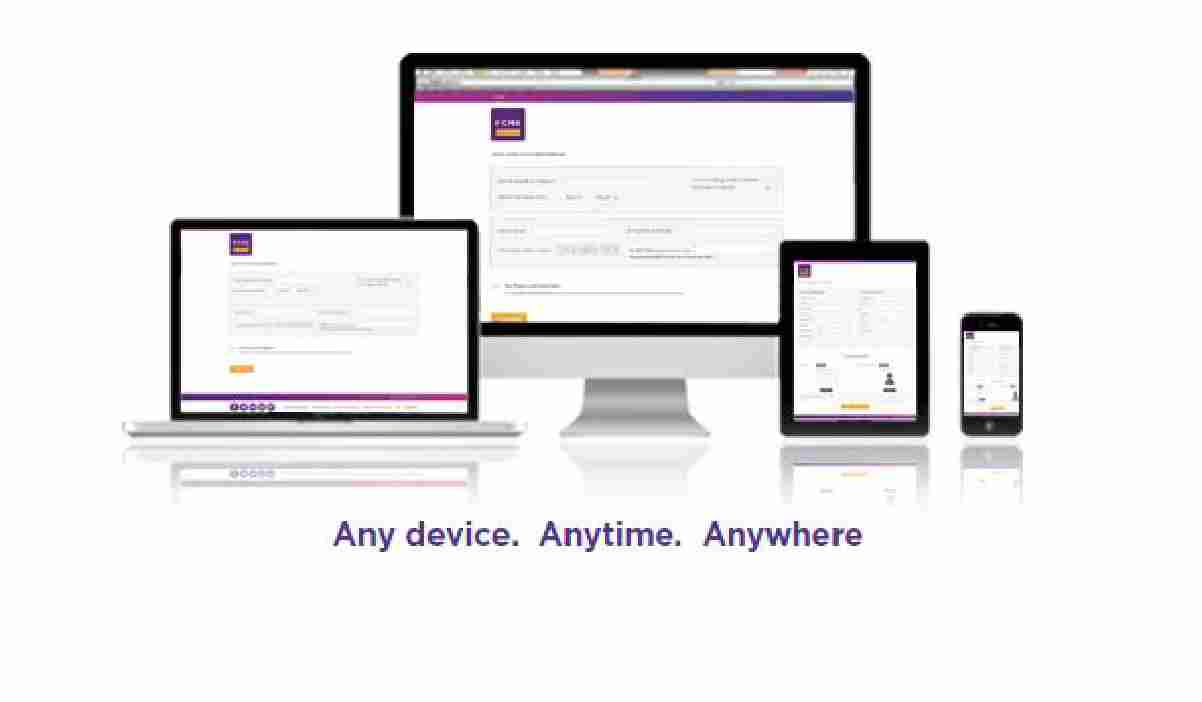Life, as the old saying goes, is all about choices. On the other hand, the choices we make are largely based on our perspective on things.
Having money in the bank is more important than being free of debt for some people. Being free of debt is more important than having money in the bank for others.
So which is the right choice?
Should you pay off your credit cards, or save?
Well, there are pros and cons to each choice.
Paying Off Debt – Pros and Cons
Let’s say you get a $10,000 bonus at work and you have $10,000 in credit card debt. In the vast majority of cases, the interest rate on credit card debt will far exceed the interest rate a savings account will pay. When looked at from that perspective, paying off the debt is pretty much a foregone conclusion.
After all, any gains the savings account will make will be completely consumed by the cost of carrying the debt. Considered in that light, paying off the debt would be saving money, as you will avoid the interest charges carrying the debt would impose.
On the other hand though, there’s no guarantee the debt would stay paid off.
It will take a great deal of willpower to avoid using that credit card again when it’s sitting there with a zero balance. In that instance, you will have blown the $10k and wound up right back where you started.
Saving Money – Pros and Cons
Assuming you don’t have one already, using that $10k to establish an emergency fund could be a good idea. After all, experts like those at Freedom Debt Relief for whom understanding personal finance is a priority, recommend having an emergency fund containing an amount equivalent to at least six months of your household expenses.
This will come in handy should your income experience an unexpected interruption, or you’re suddenly confronted with an outsized expense. Having that cash put away could give you the ability to handle either scenario without creating additional debt. That $10k could also be invested in a business, the stock market or in some other way that could generate additional income over the long term.
Again though, you’re more likely to come out ahead of the game using that money to pay off high interest debt. Let’s consider a scenario in which you’re carrying $10k in credit card debt at an interest rate of 21%. Let’s also say the minimum monthly payment on that debt is $275. You’ll need five years to pay that debt in full and you will hand over $6,035.79 in interest to do so.
Use the $10k to pay off that debt and you’ll save over $6,000 in the process.
Let’s say you then save that $275 payment each month and invest it in an asset returning 5% annually. In five years time, that $275 monthly investment will grow to $18,585.56, plus you will have saved $6,035.79 because you weren’t making interest payments on that credit card debt over those same five years.
This gives you a net gain of $14,621.65.
($18,585.86 + $6,035.79) – $10,000 = $14,621.65
So, Which is the Better Play?
Mathematically, paying off the debt makes more sense. On the other hand, it’s hard to discount the positive psychological ramifications of knowing you have $10,000 put away for a rainy day.
So, should you pay off your credit cards, or save?
We recommend paying off your credit cards while also establishing an emergency fund. Once those two goals are met, you can then focus all your disposable cash on saving and investing.
Again though, it all comes down to choice, which in turn is based upon your personal perspective. You’ll need to decide for yourself which path is right for you.



